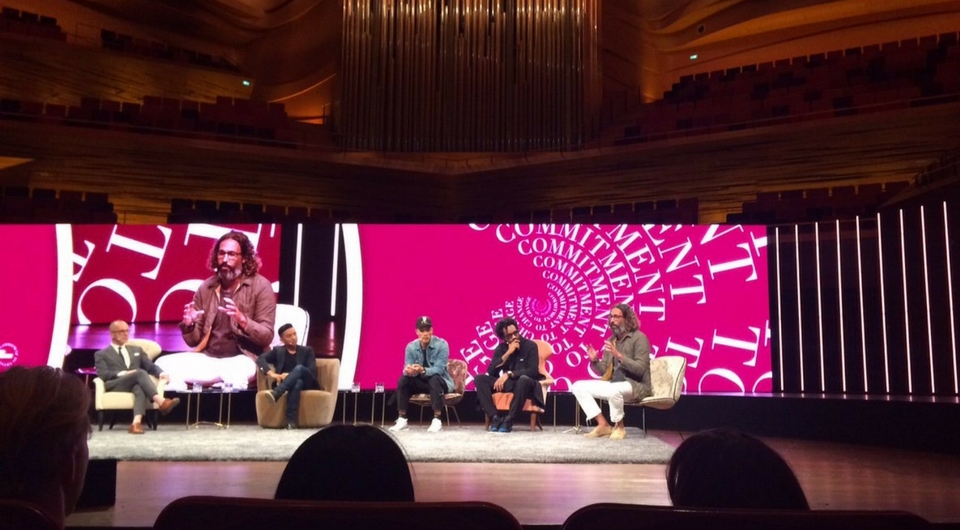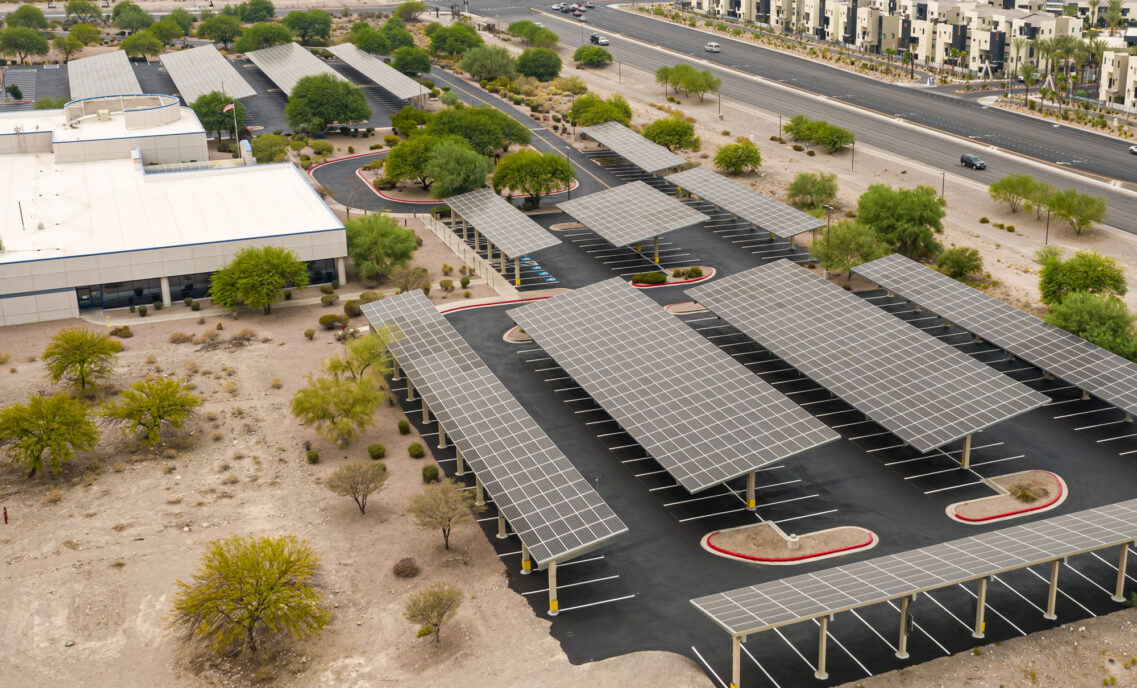At Levi Strauss & Co., we know that there is more work to be done in order to create a more sustainable apparel industry. And while so much progress has been made, there is even more opportunity ahead.
Last week, I attended the fifth annual Copenhagen Fashion Summit, where nearly 1,000 leaders in apparel and sustainability gathered to discuss “how the fashion industry can contribute to a world beyond the next season.”
It was encouraging to hear from people on all sides of the business—from designers, to manufacturers, to technology experts, brand leaders, to philanthropists—about the work that’s been done so far and the direction many, like ourselves, are taking moving forward.
So, with that, here are my top takeaways from this year’s Copenhagen Fashion Summit:
- Being less bad is not being good. William McDonough, author of Cradle to Cradle: Remaking the Way We Make Things, kicked off the Summit and emphasized that it’s not about what you’re going to stop doing to be more sustainable, it’s about what you’re going to start doing. We have to make sure, as he said, that we don’t forget our values while focusing on value.
- We’ll only reach our goals if we collaborate. Ellen Macarthur, founder of the Ellen MacArthur Foundation, shared her experience in working to create a more sustainable plastics industry as inspiration for what can be done in fashion and noted, “The only way to change the system is to collaborate.” And compellingly, Kelly Caruso, president of Target global sourcing said, “Let’s be honest, supply chains are messy. But all of us working together to dig and figure out what are the problems and band together to solve them has been exciting.”
- Transparency is critical. Michael Kowalski, chairman of the board and interim-CEO at Tiffany & Co., said about his company’s work as it specifically relates to responsible mining, “You have to pull back the veil and expose your flaws. Only then can you move forward with confidence.” Wendy Schmidt, president of the Schmidt Family Foundation added, “You have to be transparent. Customers value that honesty.”
- Sustainability makes good business sense. In the “Pulse of the Fashion Industry” report that was released at the Summit, the Global Fashion Agenda and Boston Consulting Group projected that, by 2030, fashion brands will see a decline in EBIT margins of more than three percentage points if they continue ‘business as usual.” In the simplest terms, that means if everything stayed the same with an apparel company’s operating costs, we’d see a three-percentage point decline in profit in the next decade. The case for change is clear. At LS&Co. we understand that sustainability is core to our business and our CFO Harmit Singh recently shared his thoughts on how we have built it into our company’s strategy.
- There isn’t one solution. And there isn’t a finish line. As an industry we need to realize that becoming more sustainable isn’t about one project or program. Jason Kibbey, CEO of the Sustainable Apparel Coalition, said, “We need to holistically manage so we ultimately make a real impact. We don’t want to just make a dent in small problems, we want something bigger.” William McDonough added, “It will take us all. It will take forever. But that’s the point.”
At the end of the day, it was John Moore, LS&Co. Collaboratory fellow and co-founder of Outerknown, whose words will stick with me the most: “Doing good feels good. It’s addictive. So do one thing better and keep going.”







